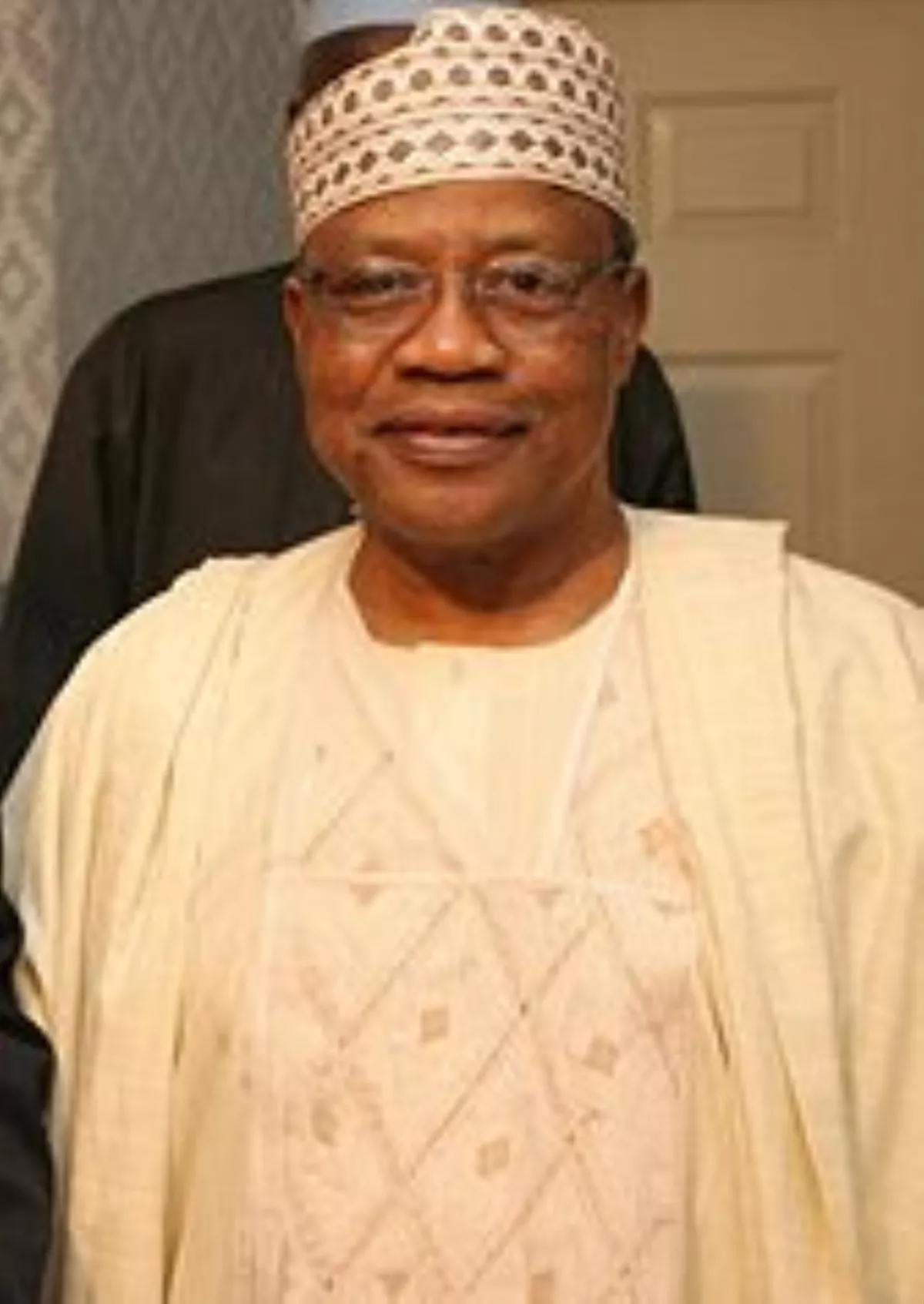 1.
1. Ibrahim Badamasi Babangida was born on 17 August 1941 and is a Nigerian statesman and military dictator who ruled as military president of Nigeria from 1985 when he orchestrated a coup d'etat against his military and political arch-rival Muhammadu Buhari, until his resignation in 1993 as a result of the crisis of the Third Republic.